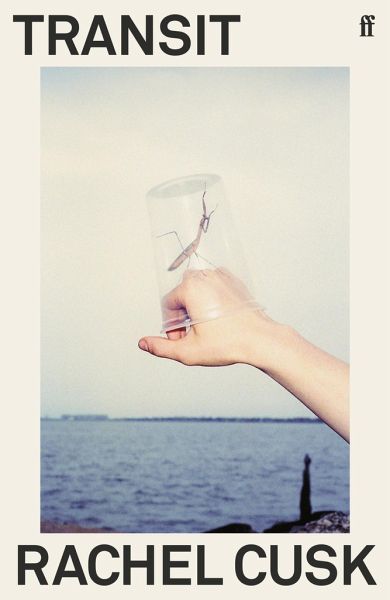

In one of Transit’s many moments of low-key comedy, the Albanian dubs himself Destruction and the Pole Construction, and there seems to be much more of the former going on than the latter, to the degree that Faye is barely able to live in the house – which in its state of stripped-down disarray, its furniture cloaked in white sheets, feels skeletal, like an outline. Two labourers come to perform these renovations, one Albanian, the other a Pole. The novel’s title, however, is also not without irony: a key motif in Transit is houses and their varying capacities for providing stability, and if Transit has a central action it is Faye’s purchase of “a bad house on a good street,” a house in dire needs of renovations. Sebald, though Cusk is less abashed about having her narrator state the effect of this mode of storytelling.įrom Outline: “I was beginning to see my own fears and desires manifested outside myself, was beginning to see in other people’s lives a commentary on my own.” From Transit: “…listening to the foreign hubbub of their conversation, I would become confused, forgetting where I was and what phase of life I was in.”įaye’s phase of life in Transit is, rather aptly, one of transition: in the wake of marital disintegration, she moves with her children from the provinces back to London to start life anew in middle age. I am not the first to note how Faye’s encounters with others in Outline and Transit echo encounters in the novels of W.G.

These are narratives about other people, told in the first-person, with the narrator’s responses most often elided. This advertisement has not loaded yet, but your article continues below. Manage Print Subscription / Tax Receipt.


 0 kommentar(er)
0 kommentar(er)
